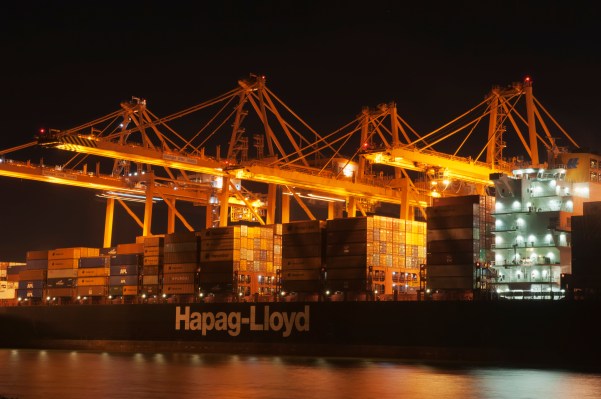Heptio, the startup founded by Kubernetes co-founders Craig McLuckie and Joe Beda (who started the open-source project together with Brendan Burns who is now at Microsoft), today announced that it has raised a $25 million Series B funding round led by Madrona Venture partners. Lightspeed Venture Partners and Accel Partners also joined in this round, which comes less than a year after the company’s $8.5 million Series A round. Because it didn’t have to, the Seattle-based company never raised a seed round.
“It’s been an amazing short eight months,” Heptio CEO McLuckie told me. “When we took that Series A, we didn’t expect to raise another round this quickly.” He added that the opportunity for bringing Kubernetes — and other cloud-native technologies — to the enterprise may actually be bigger than the team anticipated. Indeed, he stressed that the opportunity here is bigger than just Kubernetes. “Kubernetes is the kernel around which we are building this company,” he noted. Around that, there’s plenty of work to be done to make it easier for enterprises to adapt cloud-native computing and the new developer workflows that come with that idea. Kubernetes offers the container orchestration piece, but McLuckie argues that there are still plenty of other tools that need to be built around it.
“When we looked at the momentum behind the project, it became clear that we would be well-served to take some additional money,” McLuckie said.
So what does Heptio actually do? When the project first launched, it wasn’t yet clear what its actual products would look like, though over the last few months, its business model has become a bit clearer. Heptio basically offers professional services for enterprises that want to adopt Kubernetes, as well as training and support. McLuckie stressed that this isn’t just about helping businesses consume Kubernetes. It’s also about helping them get closer to the open-source community. To do this, the team is also building its own open-source projects for managing specific aspects of Kubernetes and the container clusters it orchestrates.
The company plans to use the new funding to expand in Europe and Asia, but also grow its team and, potentially, make some acquisitions, especially if those could help it enter these new geographies.
